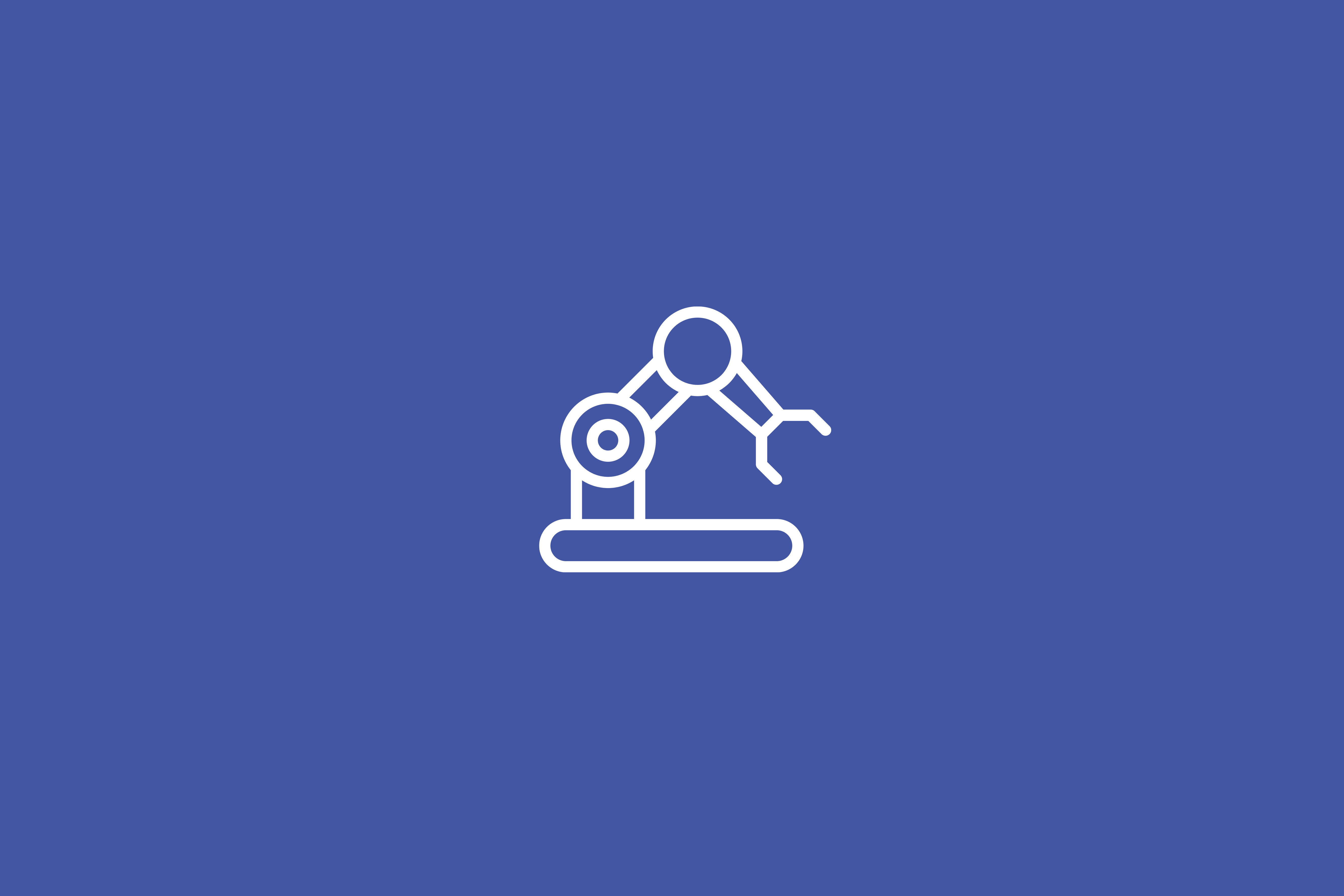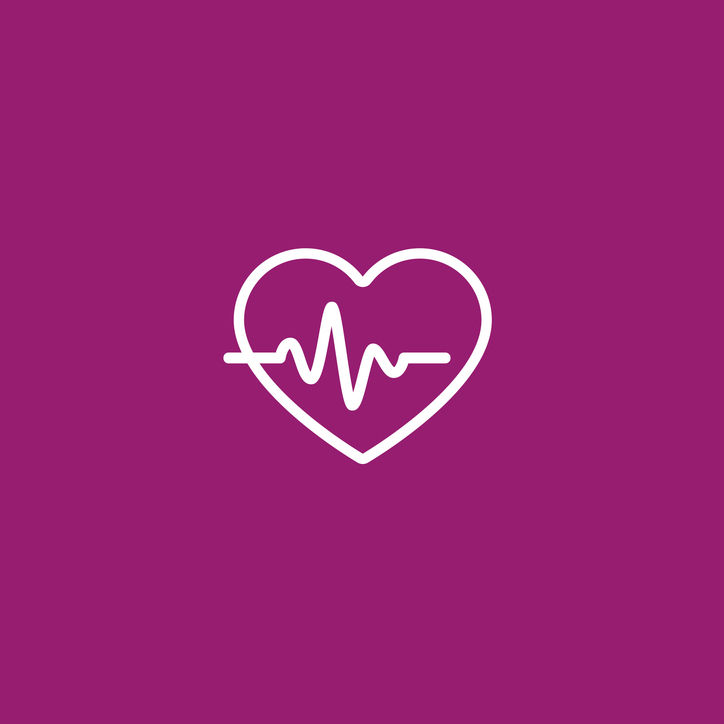How a Bavarian mobility unicorn is using cross-industry innovation to become climate neutral by 2030.
Intercity bus transport meets hydrogen power.
FlixMobility, headquartered in Munich, has been changing the way millions of people travel all over Europe since 2013. Its success can be attributed to disrupting the traditional bus industry via smart digitisation. Today, FlixMobility connects more than 2,500 destinations in 36 countries and is one of Bavaria’s unicorns. However, disruptive thinking doesn’t stop there. The company is cross-innovating with various partners to make its fleet climate neutral by 2030. For example, it is working with Freudenberg Sealing Technologies to put fuel cell-powered coaches on the road. Reducing CO2 emissions with solar panels on buses is the objective of a pilot project with the British company Trailar.

This is why Bavaria is so good at cross-industry innovation in mobility.
Diverse business opportunities
Bavaria’s strong manufacturing base and its world class position in the automotive and aerospace industry build the backbone of the mobility business in Bavaria. Around this core, a lively ecosystem has evolved consisting of start-ups, research institutions, university faculties, investors and accelerators that have turned Bavaria into a testbed for mobility concepts of the future.
Effective networks
There are three innovation clusters (automotive, aerospace and railway technology), that are central to organising collaborative projects between different players. In addition, a variety of innovation hubs, such as Digital Hub Mobility located at Technical University Munich, and new networks for specific topics have evolved over the past two decades.
Access to talent
Bavaria has 30 world-class universities and universities of applied sciences and an established system of in-company training via vocational training and dual studies. All these platforms turn out talent specifically trained for the future challenges in mobility each year.
Glocal perspectives
The Bavarian mobility industry doesn’t just serve local markets. Most companies also collaborate with international partners. In addition, key R&D projects at think tanks and universities are based on cross-border cooperation.
Dräxlmaier and BMW
Dräxlmaier and BMW develop sustainable material for the interior finishing of e-cars via a smart new partnership.
“Verbundprojekt” is the German word for a collaborative project by diverse partners – and Bavarian automotive companies know a thing or two about how to get them going. So when BMW and its supplier Dräxlmaier used kenaf as a particularly lightweight “green” material for the interior finishing of electric vehicles they turned to GIZ, a provider of international cooperation services for sustainable development, and their partner Rainforest Alliance. A project was set up that has enabled around 1,000 small farms in Bangladesh to produce kenaf. The manufacturers have thus ensured a steady supply of raw material – and the participating farmers have secured an income. Read more about how Dräxlmaier builds on strong networks.

MT Aerospace AG
A cross-border project between MT Aerospace and Boeing supports NASA with high-precision metal forming solutions.
Augsburg based MT Aerospace is an international leader in the field of space transportation, satellites and aircraft. As a pioneer in metal and composite lightweight solutions, MT Aerospace has taken on the ambitious challenge of using new complex forming technologies in the aerospace sector and for crewed space missions. The company is working in partnership with Boeing on projects such as the fabrication and qualification of the core and upper stage tank systems for NASA's Space Launch System (SLS) - the most powerful rocket ever built. When NASA launches the SLS on the Moon mission Artemis I, tank structures from Augsburg will play a crucial role. MT Aerospace is thus one of around 3,800 suppliers of all of Europe and of all 50 US states involved in the rocket. A truly global, cross-industry innovation project that has generated further joint projects.
Click here to get an overview of the aerospace industry in Bavaria.

Looking for Mobility networking opportunities?
Let us show you how your company can use the advantages Bavaria has to offer for building and growing your business. As the business promotion agency of the State of Bavaria, our services are free of charge.
How does a shared vision bring together high-performance innovation teams like Hyperloop in Bavaria?

About the TUM Hyperloop team: In 2015 a student initiative was founded at the Technical University of Munich (TUM) to develop and build prototypes for the SpaceX Hyperloop Pod Competitions. Over the last half decade, the team has won all editions of the event and gathered extensive experience in the field of ultra-high-speed ground transportation. Hyperloop is an ultra-high-speed ground transportation system for passenger and cargo proposed as a concept by Elon Musk, CEO of Tesla and SpaceX, in a white paper in 2013.
Bavaria is a world-leading testbed for future mobility. Discover more examples of cross-industry innovation projects.

Nuremberg: Center
Hydrogen.Bavaria
(H2.B)

Ingolstadt: Urban Air
Mobility Initiative

Digital Motorway
Testbed
See cross-industry innovation in action.
All year long we will be reporting on what’s happening in the field of cross-industry innovation in different sectors such as XR and mobility.

Artificial Intelligence

Fin- & InsurTech

IoT & Industry 4.0

Mobility & Aerospace




